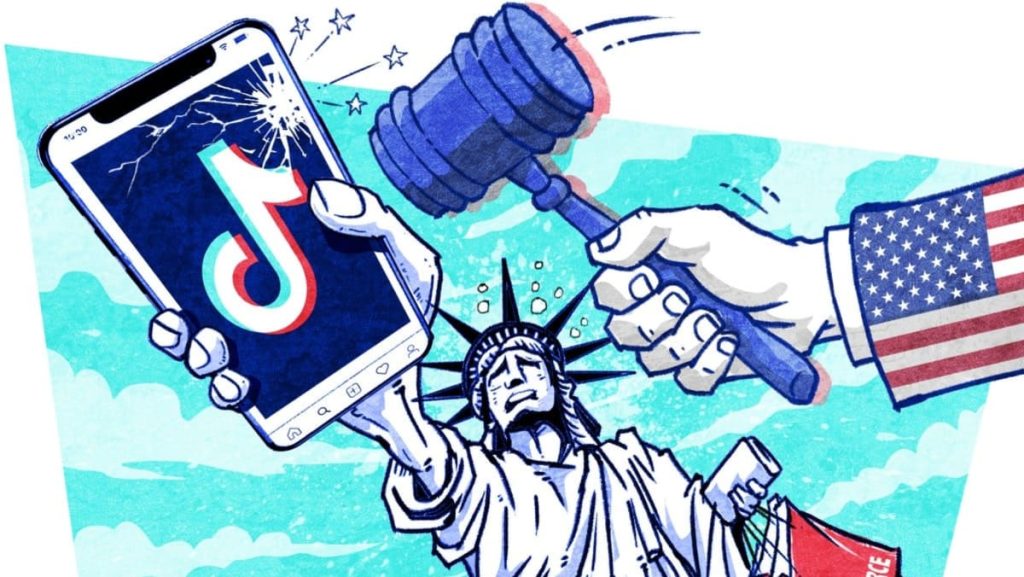TikTok’s popularity among American shoppers has been decreasing, with a decline in total sales in the US. In April, the platform saw around $419 million in sales, which was slightly lower than the previous month but still higher than in February and the months before that. ByteDance, the company behind TikTok, is now focusing on diversifying its product range in Western markets, such as launching the AI homework assistant Gauth and promoting the photo-and-video-sharing app Lemon8 through influencers.
ByteDance recently soft-launched TikTok Notes, a photo-posting app that directly competes with Instagram, in Canada and Australia. Despite the uncertain future of TikTok in the US, it remains an important market for cross-border merchants due to its influence as a cultural trendsetter and the higher purchasing power of American consumers. Wang Haizhou, founder of EchoTik, highlighted the significance of the US market for brands, as popularity in the US often leads to success in other markets as well.
In the event that TikTok is banned in the US, sellers like Hong from the TikTok Seller Alliance are prepared to transition to other platforms, although they acknowledge that the reach and sales potential may not be comparable to TikTok. Uebezz’s Luo also expressed readiness to adapt to the situation, depending on the specific terms of the ban. As for now, Uebezz continues operating normally in the US, with goods stored in local warehouses for sale to American customers.
Both Hong and Luo advise sellers to remain calm and observe how the situation unfolds before making major decisions. With a 270-day deadline in place for a potential TikTok ban, sellers are encouraged to continue their operations and adapt as necessary. Despite the uncertainties surrounding TikTok’s future in the US, sellers are urged to stay informed and flexible in their approach to ensure business continuity.


